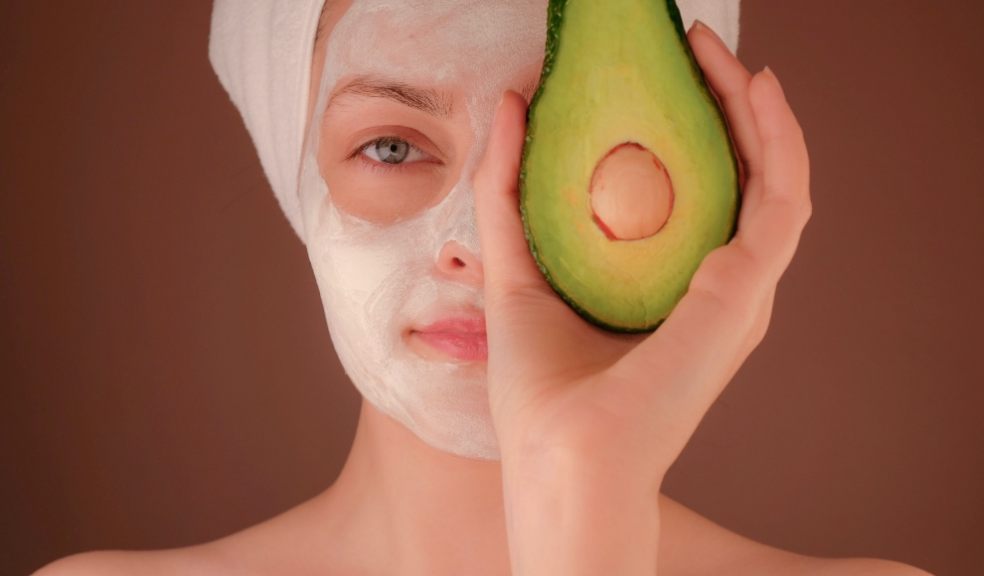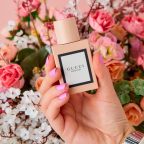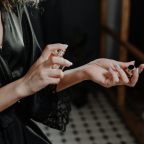
This is what two dermatologists have to say about DIY face masks on TikTok
With skincare routines galore, ingredients explanations and skin-fluencer heavyweights like Hyram Yarbro joining, TikTok is now giving YouTube a run for its money when it comes to inspiring, educational and accessible skincare content.
But a new study from Money.co.uk analysing 750 TikTok videos from 50 of the platforms’ top skin-fluencers found that only half had skincare qualifications, such as being trained in dermatology.
What’s more, skin-fluencers with no qualifications had 39% more followers and 217% more ‘likes’ than those that do.
Post research the comparison site spoke to Dr Jason Thomson, head of medical and Dr Malvina Cunningham, consultant dermatologist from online dermatology service, Skin+Me to get their advice on listening to skin-fluencers and following TikTok trends.
“The dermatology and skincare communities have recognised that there’s a problem with lots of misinformation and bad advice being shared on social media. But at the same time, there’s also some fantastic content out there created by professionals who truly are skincare experts.”
When looking into the top skincare trends on TikTok, analysing hashtag views, the study found that #DIYfacemask has 104.1 million views.
“Dermatologists will generally not advise using DIY face masks. Skincare products have strict standards they need to meet and are formulated to ensure consistency, safety and the optimal concentrations of ingredients.
“DIY face masks lack this safety and quality control and therefore you risk causing side effects such as irritation and increased sensitivity. However, that’s not to say the individual ingredients don’t have potential benefits.”
The below were the five most viewed types of face masks on the platform:
- avocadomask
- turmericmask
- honeymask
- chocolatefacemask
- gingerfacemask
Thomson and Cunngingham commented:
“Avocado has lots of components that can be beneficial for the skin including vitamins A and E and it's an antioxidant, anti-inflammatory and moisturising due to its high oil and fatty acid content. If you have oily/acne-prone skin, then use avocado based DIY facemasks with caution as they can be pore-blocking and worsen breakouts.
“Turmeric has been shown to possess anti-inflammatory, antimicrobial and antioxidant properties mainly through its active component, curcumin. Studies have been done on turmeric and have demonstrated improvements in some skin conditions such as acne and eczema as well as an anti-ageing ingredient.
“With a DIY facemask, knowing if you're getting a beneficial amount of curcumin is difficult as its amount varies between batches of turmeric (usually between 1 and 6%). There's also the risk of staining your skin and some people can (although rarely) develop allergic contact dermatitis.
“Oats have been used to soothe and moisturise the skin for centuries and there’s scientific evidence that ingredients extracted from oats (such as oat kernel extract, oat oil and colloidal oatmeal) can work to moisturise the skin and help with conditions such as eczema.”
Thomson and Cunningham suggest following these 5 tips when trying out a DIY face mask:
- If you’re wanting to try a DIY face mask, do your research and make sure you're choosing ingredients that will help you achieve your skin goals and also be compatible with your skin type.
- As with any skincare product, it’s advisable to do a patch test first, especially if you have sensitive skin or known contact allergies.
- Make sure to not leave DIY face masks on for long periods (for example, overnight) and as a general rule 10-20 minutes is enough time.
- Remember to rinse off thoroughly after use, you want to ensure you’ve got all the mask off before applying any other products.
- We'd advise not doing them more than once a week.
More results from the study showed that Cerave is the most viewed skincare brand and that Hyram Yarbro is the skin-fluencer that has the potential to earn the most from the platform, with a pay per post estimate of over £4,800 ($6,800). For the full report and more advice from the dermatologists, you can read more here.













